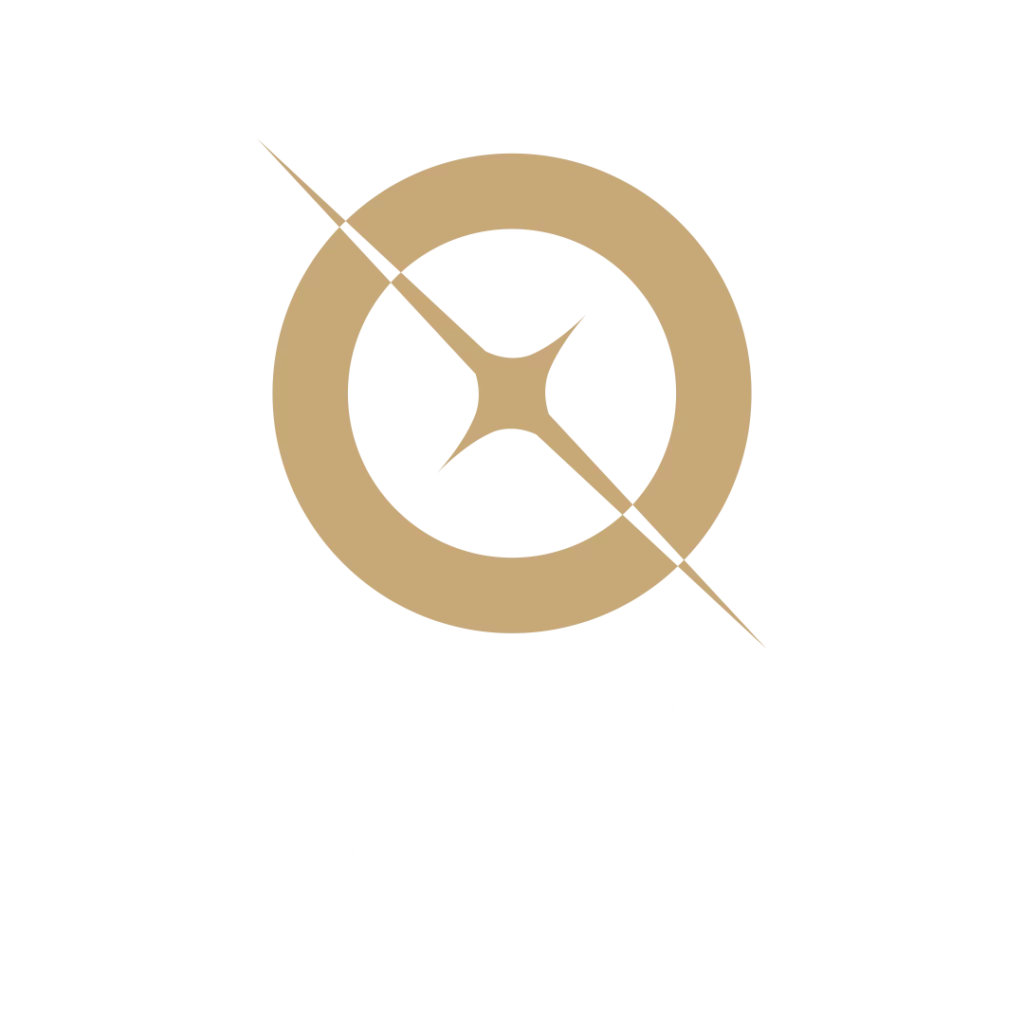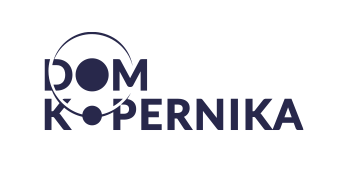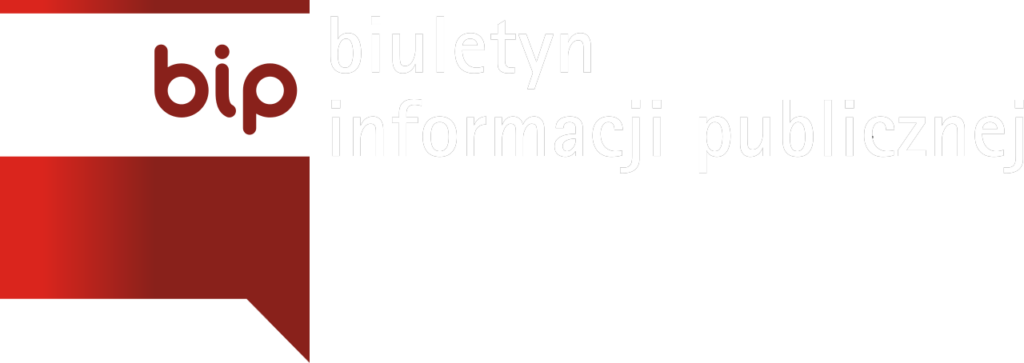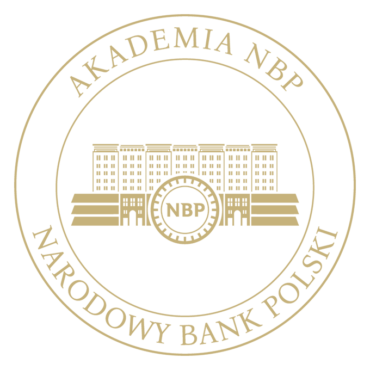As part of the SGMK – University of the Future initiative, the next special lecture for students and doctoral candidates of the Nicolaus Copernicus University will be delivered by Professor William E. Moerner, Nobel Prize laureate, Honorary Fellow of the Royal Society of Chemistry, Harry S. Mosher Professor of Chemistry, and Professor (Courtesy) of Applied Physics at Stanford University.
Professor William E. Moerner will deliver a lecture titled “Single Molecules and Light: Opening a Window into the Biological Nanoscale.”
We warmly invite all students, doctoral candidates, representatives of Colleges, and the entire academic community of the Nicolaus Copernicus University to another lecture with an outstanding scientist recognized worldwide for significant scientific achievements.

Prof. William E. Moerner – Biography
W. E. (William E.) Moerner, the Harry S. Mosher Professor of Chemistry and Professor (Courtesy) of Applied Physics at Stanford University, is widely recognized for the first optical detection of a single molecule in condensed matter at IBM Research (1989). Dr. Moerner received his Ph.D. in physics from Cornell University in 1982, after which he joined IBM Research to develop spectral hole-burning for frequency domain optical storage and photorefractivity for holography. In 1995, he became a Distinguished Professor of Physical Chemistry at the University of California, San Diego, broadening his research to include biological systems and biophysics. Recruited to the Stanford University Chemistry Department faculty in 1998, he served as Department Chair from 2011 to 2014. Over his 28-year academic career, he has conducted research in physical chemistry, biophysics, and the optical properties of single molecules, and is actively involved in the development of 2D and 3D super-resolution imaging and single-molecule tracking for cell biology and nanoscale sience along with single-molecule optical studies of photosynthesis. Professor Moerner’s contributions have been widely recognized with numerous awards, particularly with the Nobel Prize in Chemistry in 2014 “for the development of super-resolved fluorescence microscopy,” which relied upon single-molecule detection and the discovery of blinking and optical control of single green fluorescent proteins at room temperature (1997). Additional awards include the Eerle K. Plyler Prize in Molecular Spectroscopy, the Wolf Prize in Chemistry, the Irving Langmuir Prize in Chemical Physics, the Peter Debye Award in Physical Chemistry, and Fellowship in seven national and international scientific societies.
“SGMK – University of the Future” is a series of special lectures conducted as part of the university-wide collaboration of Colleges at the Nicolaus Copernicus University. Special lectures for students of the Nicolaus Copernicus University are delivered by guest scientists and experts from the world’s leading scientific institutions.
Previously, special lectures for SGMK students and doctoral candidates were delivered by, among others, Prof. Joachim Frank (Nobel Prize laureate, Columbia University), Dr. Michael L. Brodie (Harvard University and M.I.T.), Prof. John Tasioulas (University of Oxford), Prof. Mark Coeckelbergh (University of Vienna), Jonathan Brill (futurist), Dr. Ousmène Jacques Mandeng (Accenture and Harvard Review expert), Gerd Leonhard (futurist, one of the world’s top speakers), Thomas Frey (futurist, ranked by Google as the world’s top futurist), and Prof. Peter C. Bishop (University of Houston).






